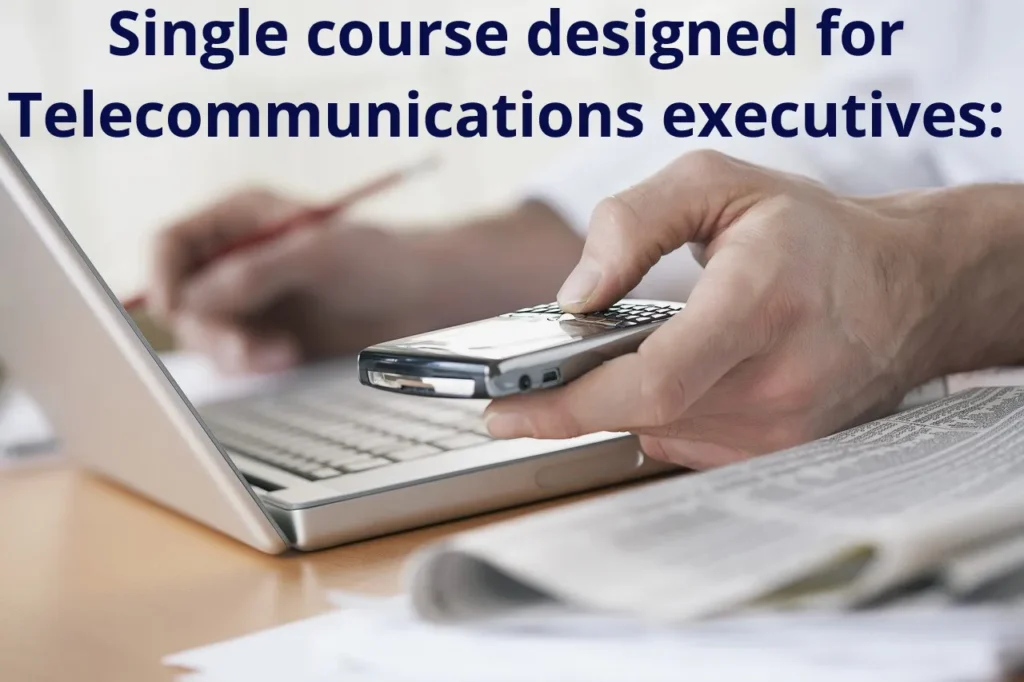

Evolution, Trends, & Management Practices, including changes in technology and their application/use, and regulations. This course focuses on how the digital transformation enables innovation, especially by leveraging technology (e.g., blockchain, robotics, AI, cognitive computing, analytics, big data) to empower customers/clients, along with the ever changing regulatory considerations.
External Value Chain (e.g., Customer-Client & Partner Facing Marketing/Sales, Services, Supply Chain)
Internal Value Chain (e.g., Administrative Processes, Process Improvement)
Innovation, new product/service life cycles, knowledge sharing, exchanges, collaboration, 5G, and beyond

As Telecommunications organizations accelerate the digital transformation of their industry, they are focusing their investments in leveraging information technology to improve customer/client products/services while lowering overall costs. In today’s highly regulated, increasingly resource-constrained, and cost-focused environment it is essential to understand how to effectively and efficiently manage an organization’s information technology (IT) resources. There are numerous strategic, tactical, and operational choices to be made about managing Telecommunications IT resources and it is essential to ensure that IT and non-IT executives across the organization work in harmony.
Experience has made it clear that Telecommunications organizations need well-conceived organizational structures, skills, processes, and decision rights to ensure that IT investments are appropriately leveraged across the organization, especially when considering the impact of emerging information technologies.
This course prepares Telecommunications executives by providing a comprehensive understanding of the fundamental decisions related to the management of IT resources in the Telecommunications environment. The course will also provide an overview of current and future information technologies and their potential impact on customers/clients, organizations, and associated stakeholders.
The course is designed to be delivered live/synchronously (face-to-face or online) with a total of twenty (20) contact hours. While the schedule is flexible, it is usually delivered in approximately ten (10) 2-hour modules/lectures/sessions.
The IT-Telecommunications topics include:

Global Institute for IT Management © 2025